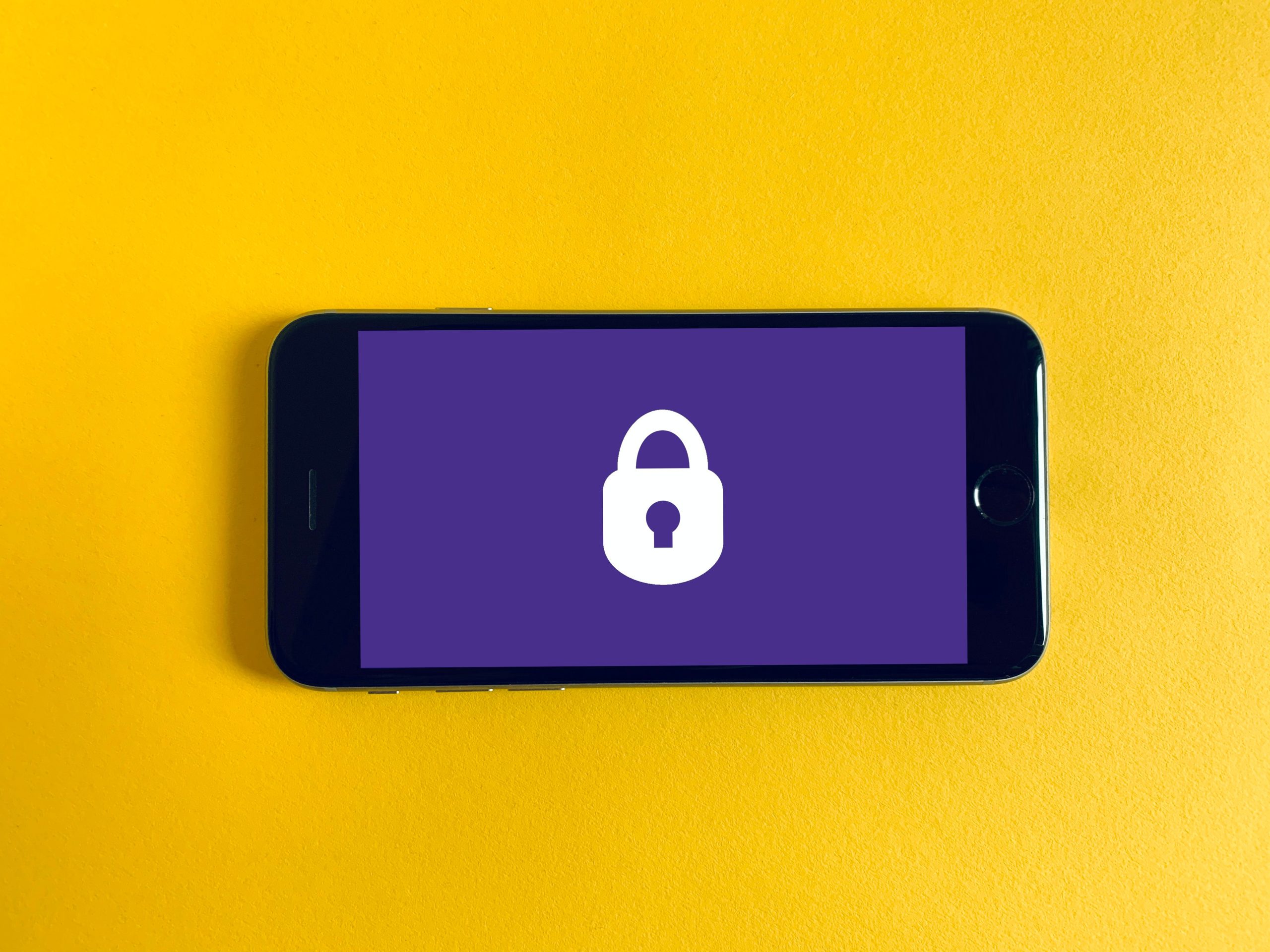In today’s fast-paced digital world, mobile devices are an integral part of our daily lives. From smartphones and tablets to laptops and wearables, we rely on these devices for communication, productivity, and entertainment. However, the convenience of mobile technology comes with a price: increased security risks. With the amount of sensitive data we store on our devices, mobile security has become a critical issue.
Mobile devices are vulnerable to various types of security threats, including malware, phishing attacks, and network breaches. Hackers can use these vulnerabilities to gain access to personal information, such as login credentials, banking information, and sensitive corporate data. Additionally, mobile devices are easy targets for theft or loss, which can compromise data security.
To prevent security breaches on mobile devices, it’s important to implement best practices for mobile security. Here are some tips to help you protect your devices and data on the go:
- Use a Strong Password or Biometric Authentication: Passwords are the first line of defense against unauthorized access. Use a strong password that is difficult to guess, and avoid using the same password for multiple accounts. Consider using biometric authentication, such as fingerprint or facial recognition, for added security.
- Install Updates and Security Patches: Keep your mobile device’s operating system and apps up to date to ensure that you have the latest security features and bug fixes. Install security patches as soon as they become available to protect against known vulnerabilities.
- Be Wary of Public Wi-Fi: Public Wi-Fi networks are often unsecured and can be easily exploited by hackers to intercept sensitive data. Avoid accessing sensitive information, such as banking or healthcare records, while connected to public Wi-Fi. Consider using a virtual private network (VPN) to encrypt your online activity and protect your data.
- Use Antivirus Software: Install antivirus software on your mobile device to protect against malware and other security threats. Make sure to keep the antivirus software up to date and perform regular scans to detect and remove any malicious software.
- Back Up Your Data: Regularly back up your mobile device’s data to protect against data loss due to theft, damage, or other issues. Consider using a cloud-based backup service or storing your data on an external hard drive.
- Be Cautious of Phishing Attacks: Phishing attacks are a common tactic used by hackers to steal sensitive data. Be cautious of suspicious emails or messages and avoid clicking on links or downloading attachments from unknown sources.
- Use Encryption: Encrypt sensitive data stored on your mobile device to protect against unauthorized access. Many mobile devices have built-in encryption features, such as file encryption and full-disk encryption.
- Enable Remote Wiping: Enable remote wiping on your mobile device so that you can remotely erase all data in case of theft or loss.
In conclusion, mobile security is a critical issue that requires attention to protect against potential security breaches. By implementing best practices for mobile security, such as using strong passwords, installing updates, being wary of public Wi-Fi, using antivirus software, backing up data, being cautious of phishing attacks, using encryption, and enabling remote wiping, you can help ensure that your devices and data remain secure while on the go.




